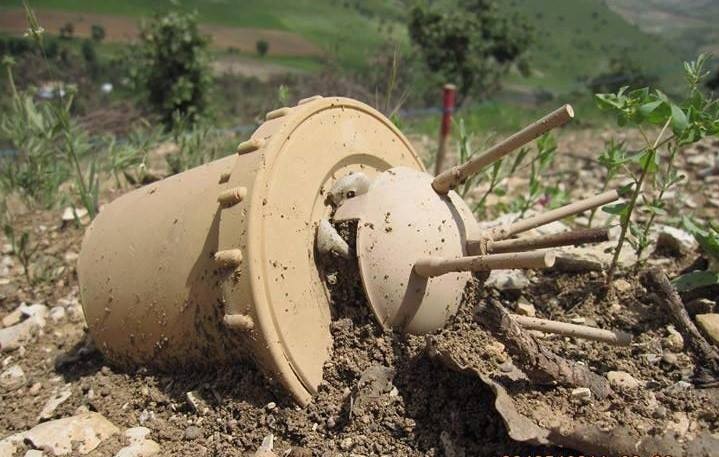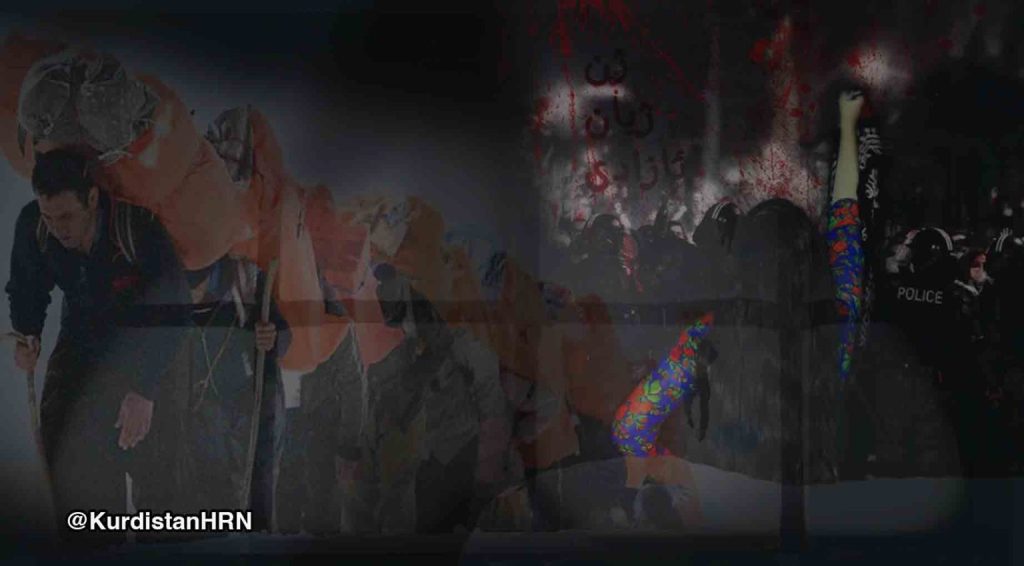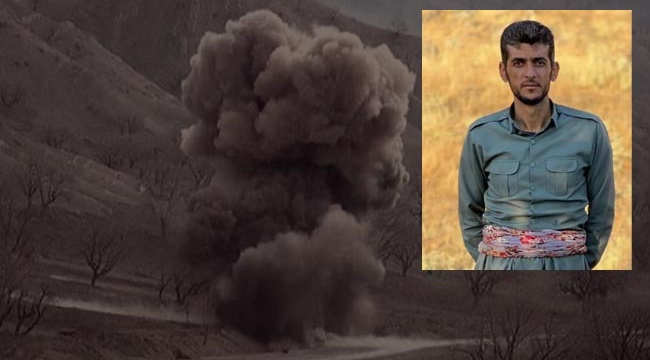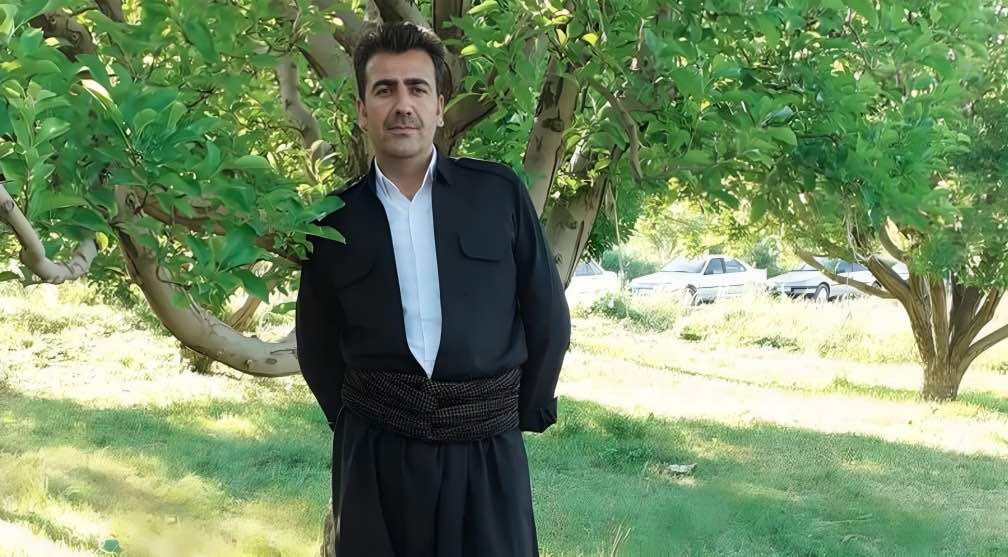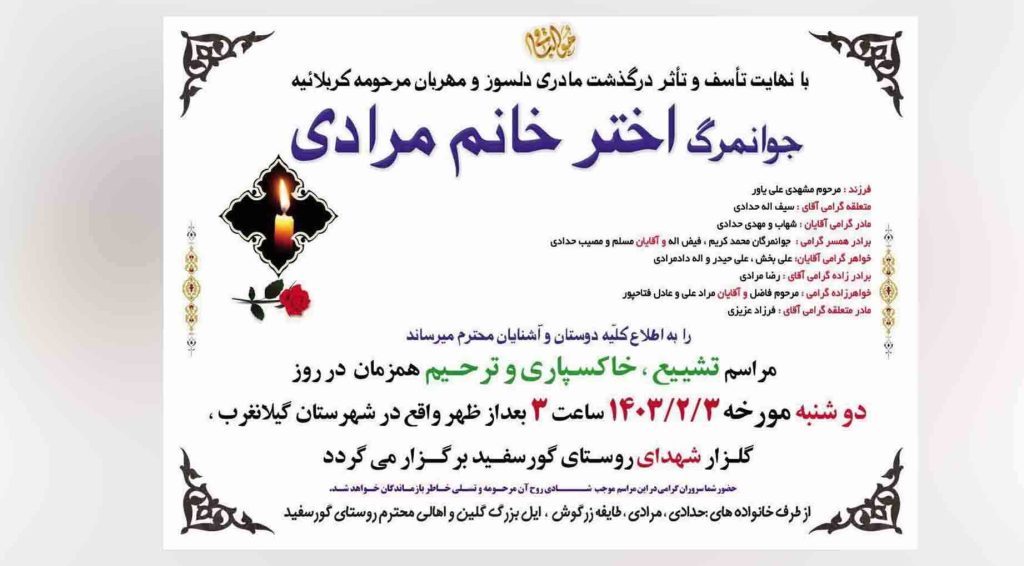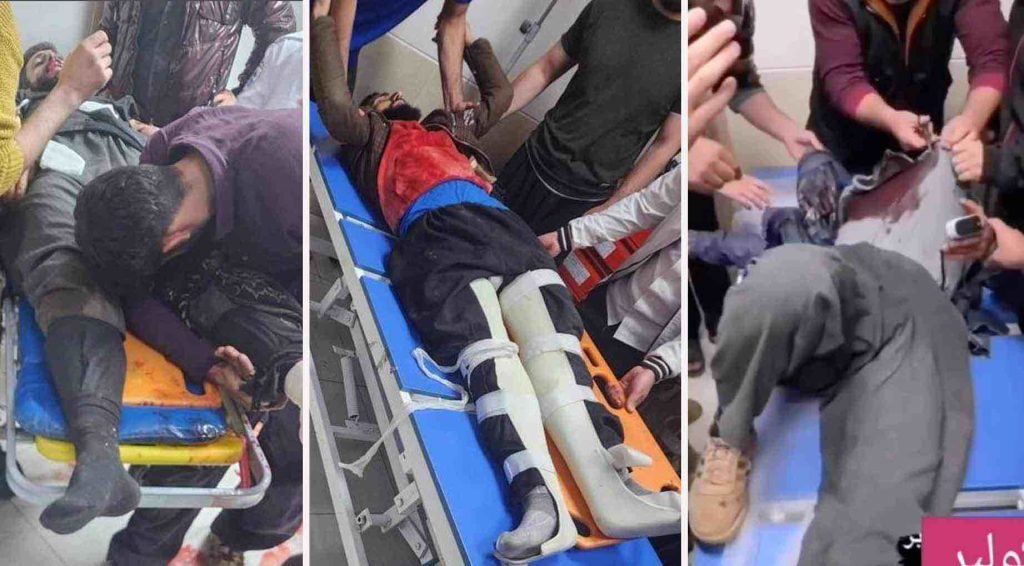Landmines have killed three and seriously wounded four civilians in the Kurdish region of Iran in one month alone.
Two of the three killed victims were brothers from the Sardasht area, and the other killed victim was from the Kermanshah Province.
They were killed in an area that was supposed to have undergone complete demining by the Iranian authorities.
The army had planted the landmines during the Iran-Iraq war in the 1980s, and these landmines have since remained in many areas threatening the lives of civilian Kurds on a daily basis.
Given that the area of the incident had been declared “safe”, the victims were not prepared to encounter a landmine and did not take necessary precautions to avoid mine explosion incidents.
A few years ago the Iranian authorities In Kermanshah Province in an official statement declared the affected area free of landmines.
However, landmine explosions have since killed at least189 people in the area.
If the statistics of the killed in Kurdistan and West Azerbaijan provinces are added then the death toll dramatically increases, although those provinces were also allegedly cleared of mines in February 2012.
The National Mine Clearance Centre under the authority of the Iranian Ministry of Defence has the full responsibility to provide security for citizens of those areas but yet it seems determined to not make any necessary steps towards protect of the civilian population.
The 32nd session of the United Nations Human Rights Council was held in Geneva from 13 June to 1 July 2016.
Previously, during the 28th session held in March 2015, the Islamic Republic of Iran accepted a recommendation issued by the Republic of Bosnia urging Iranian authorities to take all necessary measures to carry out demining of all affected areas, especially districts populated by civilians.
Bosnia is a country that suffers from landmines from the devastating war of former Yugoslavia.
The recommendation was one of the “291 Recommendations’ suggested to improve the situation of human rights in Iran.
Although the Iranian authorities approved it, no action has since been taken.
The only way to decrease the death toll of victims killed by mine blasts is to render the mine clearance operations in a way that is compatible with the AIMAS protocols.
Iranian specialists of demining must be trained according to new international procedures.
Iran must join the ‘Ottawa Convention on the Prohibition of the Use, Stockpiling, Production and Transfer of Anti-Personnel Mines and on their Destruction’, which is commonly known as the ‘Ottawa Treaty’.
In 1997, the Islamic Republic of Iran adopted a motion to join it but the motion has since not been ratified.
The mine clearance operations have been limited to the military zones, which is obviously not enough to reach a complete mine clearance in any area, especially those areas populated by local civilians.
The necessary means for a full mine clearance in many areas have not been deployed as of yet.
Clause 2 of article 5 of Ottawa Treaty stats that “each State Party shall make every effort to identify all areas under its jurisdiction or control in which anti-personnel mines are known or suspected to be emplaced and shall ensure as soon as possible that all anti-personnel mines in mined areas under its jurisdiction or control are perimeter-marked, monitored and protected by fencing or other means, to ensure the effective exclusion of civilians, until all anti-personnel mines contained therein have been destroyed. The marking shall at least be to the standards set out in the ‘Protocol on Prohibitions or Restrictions on the Use of Mines, Booby-Traps and Other Devices’, as amended on 3 May 1996, annexed to the Convention on Prohibitions or Restrictions on the Use of Certain Conventional Weapons Which May Be Deemed to Be Excessively Injurious or to Have Indiscriminate Effects.”
To gain time and ignore its responsibilities, the Islamic Republic of Iran has approved all the recommendations and resolutions issued by the international community.
However, no tangible improvement has since been observed and no significant effort has been made by the Iranian authorities to make the recommendations a reality to protect people’s lives.
The correct application of the resolutions issued by the member states of the Human Rights Council would gradually allow a decline in human rights violations and the persecutions of human rights activists in Iran.
Wishing for a world free of mines!
M. Issa Bazyar, specialist in mine clearance and cluster munitions’ clearance.

